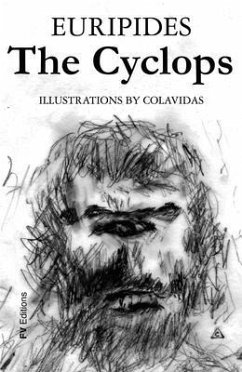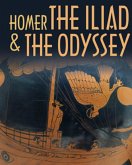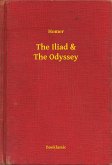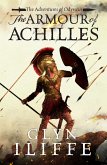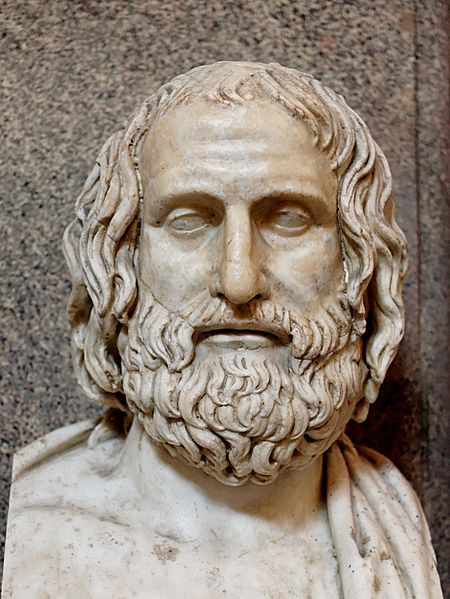"The Cyclops" by Euripides, illustrated by Onésimo Colavidas
The Cyclops is the only surviving satirical drama by Euripides, a fifth-century BC. poet in Greece. Euripides interprets a passage from Homer's Odyssey in which Odysseus, also known as Ulysses, fights against the giant Polyphemus.
Odysseus' ship runs aground on the island of Etna, which is inhabited by the Cyclops, a one-eyed creature. In this place, Odysseus and his men meet Silenus and his sons, imprisoned to serve the Cyclops called Polyphemus. Polyphemus feeds on meat, goat's milk and cheese, but he is also an anthropophagous monster. He can therefore eat Ulysses and his men at any time during a feast.
The Cyclops is the only surviving satirical drama by Euripides, a fifth-century BC. poet in Greece. Euripides interprets a passage from Homer's Odyssey in which Odysseus, also known as Ulysses, fights against the giant Polyphemus.
Odysseus' ship runs aground on the island of Etna, which is inhabited by the Cyclops, a one-eyed creature. In this place, Odysseus and his men meet Silenus and his sons, imprisoned to serve the Cyclops called Polyphemus. Polyphemus feeds on meat, goat's milk and cheese, but he is also an anthropophagous monster. He can therefore eat Ulysses and his men at any time during a feast.
Dieser Download kann aus rechtlichen Gründen nur mit Rechnungsadresse in A, D ausgeliefert werden.

